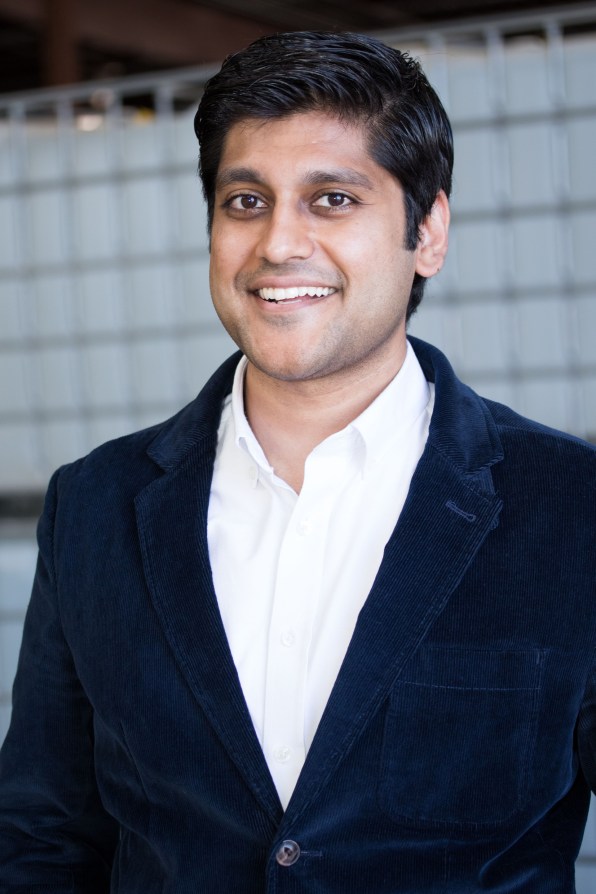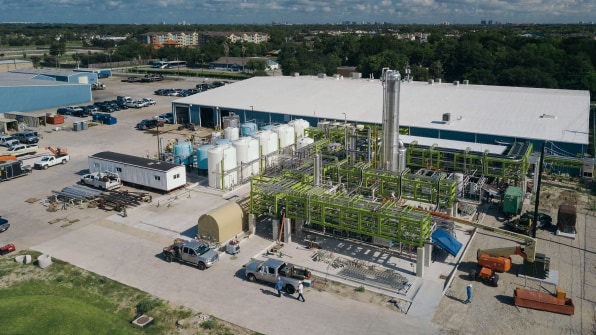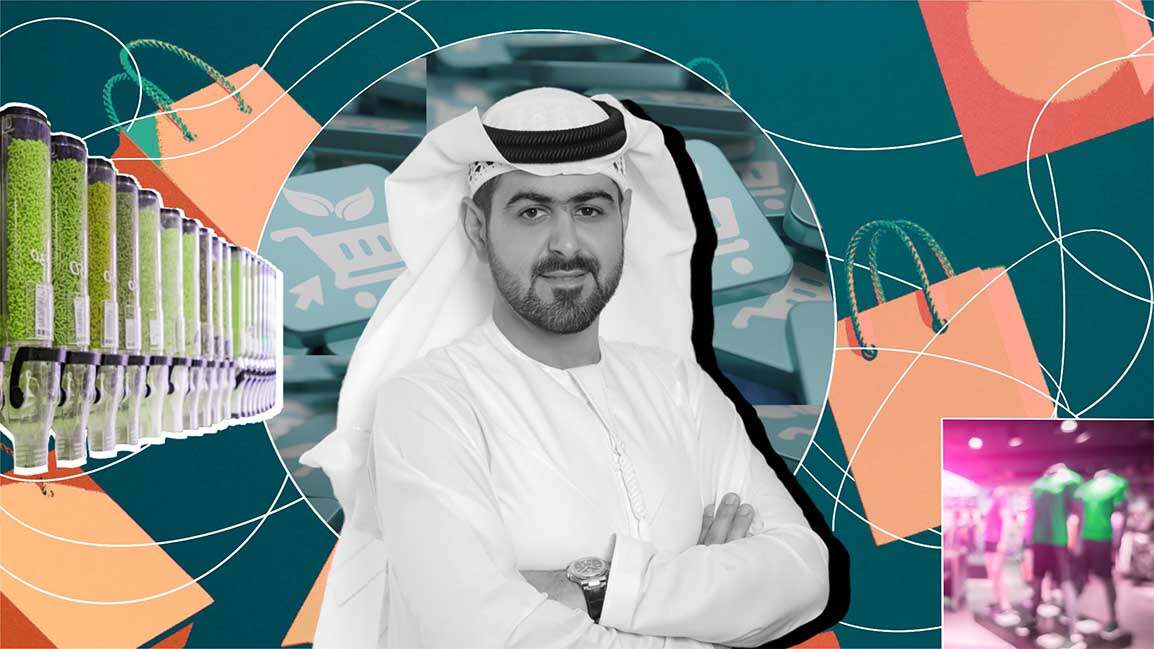- | 10:36 am
This company is producing essential chemicals using zero carbon

When that carbon is in the atmosphere, and contributing to global warming, it’s hard to remove it, whether through biological sequestration or artificial capture-and-storage. One chemical company is ensuring it doesn’t enter the environment in the first place. Solugen, which ranked number two in Fast Company‘s Most Innovative Companies of 2022, describes itself as “the world’s first carbon-negative molecule factory.”

Gaurab Chakrabarti [Photo: courtesy Solugen]
On this week’s episode of the World Changing Ideas podcast, the second episode of our season dedicated to climate crisis solutions, the founder of Houston-based Solugen, Gaurab Chakrabarti, joins us to discuss the bio-based tech that Solugen uses—which all started when he inadvertently discovered an enzyme.
Instead of refining oils and gases like ethane and propane, Solugen starts with sugar. Corn syrup feeds this enzyme, then reacts with air, to make the same hydrogen peroxide as the carbon-emitting companies do. Hydrogen peroxide is essential in goods as wide-ranging as cleaning products, agricultural fertilizers, and water treatment chemicals. “It’s this invisible, multi-billion-dollar industry that no one really talks about,” he says.
The carbon costs of the traditional method, of course, are not invisible. Even fermentation, often seen as a cleaner alternative, produces some carbon. Solugen’s technique, however, is zero carbon. Not only is it replacing a petroleum-based process that has a large carbon footprint, by using air directly in the feedstock, carbon dioxide is actually sequestering itself in the chemical product.

[Photo: courtesy Solugen]
It was while Chakrabarti, also a medical doctor, was studying cancer treatments that he happened upon the industry-changing enzyme. Often, he says, patients developed cancer due to exposure to chemicals, because of the way they’re made. And that informed his pivot from medicine to revolutionizing the chemical industry. “I said, ‘Hey, how do I want to create as much impact as possible?’ It’s by creating an environment where people don’t get sick,” he says. “And, the way to do that is to reimagine the way that we make the chemicals and materials we interact with everyday.”
You can listen and subscribe to World Changing Ideas on Apple Podcasts, Google Podcasts, Spotify, Stitcher, or wherever you get your podcasts.


































